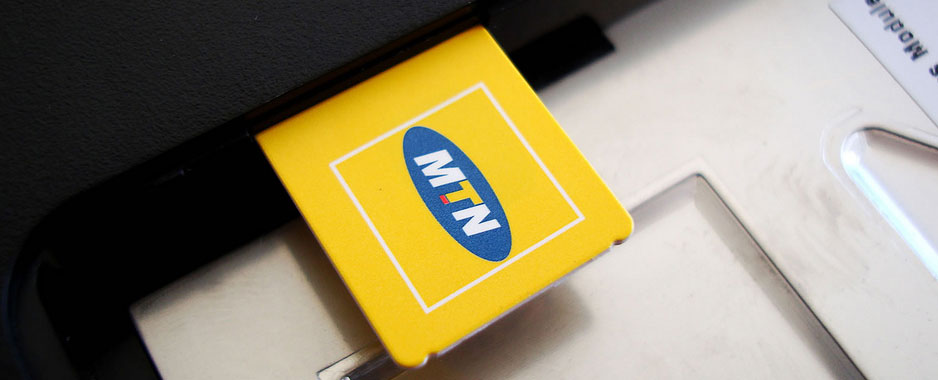
MTN Zakhele, the black economic empowerment scheme of telecommunications giant MTN Group, said it’s still processing payments to shareholders who opted to cash in their shares after the scheme expired in November last year.
It has been nearly seven months since the Zakhele scheme expired and several shareholders are yet to receive their payouts. This is despite a Zakhele circular, which noted that the majority of shareholders would be paid by 13 December 2016.
When Moneyweb first reported about the delays in payouts to shareholders in January, MTN said 80% of shareholders had been paid and outstanding payments would be made before the end of February 2017.
Zakhele, which owned a 4% stake in MTN Group, was launched in 2010 as part of the company’s empowerment initiative.
About 124 000 Zakhele investors were given three options when the scheme expired: accept a combination of converting a portion of their Zakhele shares into MTN Group shares and take cash, reinvest their shares into a newly-launched BEE scheme called MTN Zakhele Futhi, or wholly take cash for their shares.
However, some shareholders are still complaining about not receiving their payouts despite repeated calls to Zakhele’s call centre.
“To date, I have not received my MTN shares and proceeds after converting from MTN Zakhele to the listed MTN,” said one shareholder, who opted to convert a portion of his Zakhele shares into MTN Group shares and take cash.
Another shareholder who opted for the same combination said: “I haven’t been paid for the cash-out option to date and I’m extremely concerned.”
Sydney Mhlarhi, director of investment holding firm Tamela, who is adviser to Zakhele, said that to date, about 87% of shareholders have been paid and the scheme is now dealing with the last batch of outstanding payments.
“There was quite a bit of backlog in unprocessed payments after the Christmas break. That backlog of unprocessed payments has now been cleared. But there is definitely still money due to some shareholders,” he said.
Mhlarhi said the reason for delays is two-fold: shareholders could have changed their contact details resulting in Zakhele’s difficulties in contacting them about their unclaimed proceeds or shareholders didn’t verify their bank accounts.
Prior to making payments to shareholders, a bank account verification process was undertaken and only those shareholders whose bank accounts failed verification were not paid, he said.
The service provider has the capacity to deal with complaints as they have handled more complaints in the past
Shareholders whose accounts failed the verification process were required to provide documents to update their bank details including a stamped bank letter or a certified bank statement that is less than three months old (as part of the Financial Intelligence Centre Act) in order for payments to be processed into valid bank accounts.
Mhlarhi said an initiative to contact shareholders has been launched.
The nature of other complaints received from shareholders include inquiries about proceeds for a deceased estate which is “complicated” as a living would determine the beneficiary of the proceeds.
Beyond the delays in payouts, shareholders complained about Zakhele’s poor communication channels.
For example, a daughter of a 72-year-old man (who wished to remain anonymous) has lodged a complaint with the Financial Services Ombudsman office after her father attempted to contact Zakhele’s call centre since January to confirm the number of MTN shares he owns after converting a portion of his Zakhele shares into MTN shares. But his attempts to reach Zakhele have since been unsuccessful. “No one is able to assist when a call is made to the centre, or the call gets dropped… The disdain with which MTN has treated my father and his queries is concerning,” she said.
Mhlarhi said Zakhele’s centre is able to deal with complaints as there isn’t a backlog of unpaid proceeds.
“The service provider has the capacity to deal with complaints as they have handled more complaints in the past. The volume of enquiries has dropped. In January, we were processing up to 400 payments per day but now we roughly processing 50 to 100 payments a day.”
- This article was originally published on Moneyweb and is used here with permission




